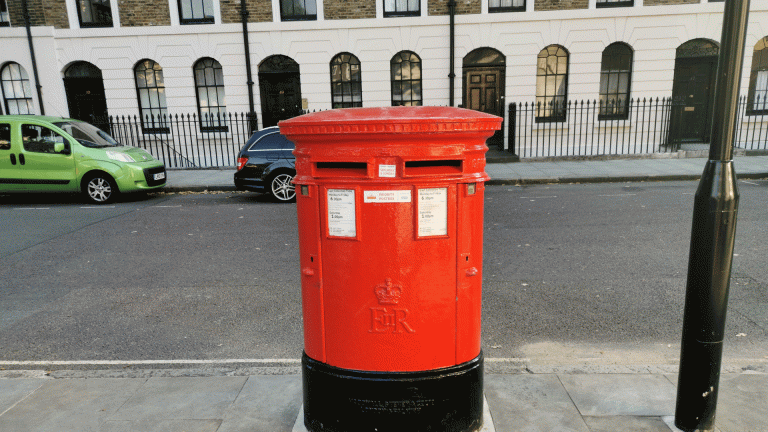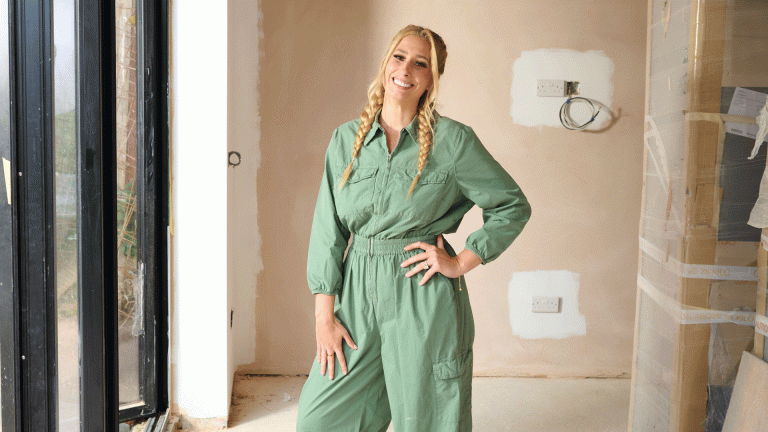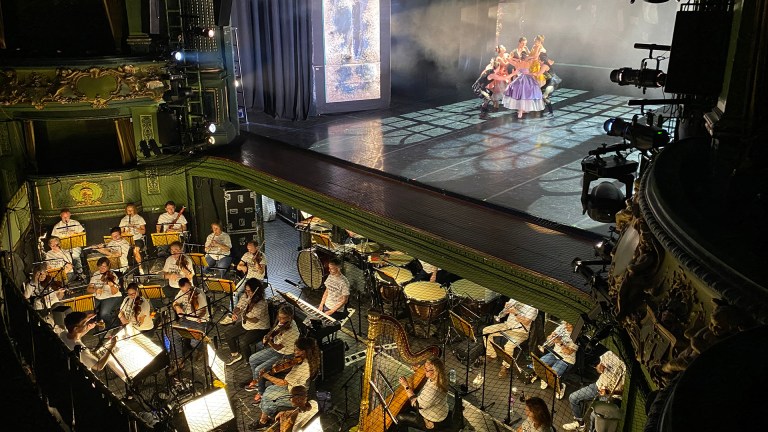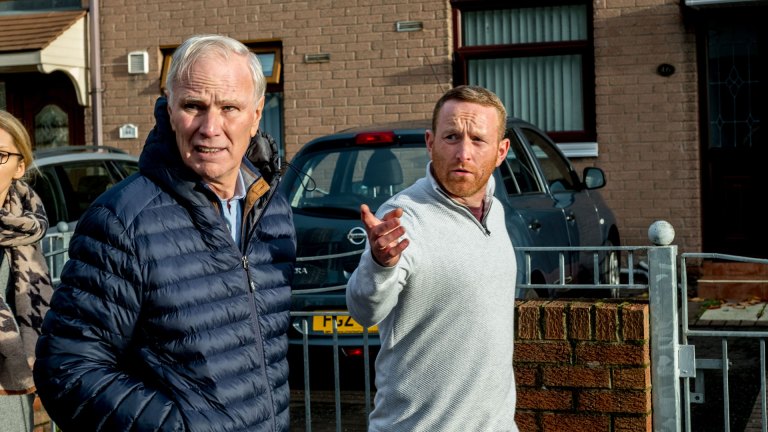Instead, the Stormont government collapsed. The trigger was a botched renewable heating scheme, but fears over the circuitous 310-mile Irish border post-Brexit were in the minds of many, especially nationalists who delivered Sinn Fein its best ever election result.
For the first time in the history of Northern Ireland, unionists do not hold a majority in the devolved parliament.
To discompose the delicate constitutional balance of one ‘home nation’ could be written off as unfortunate. Two feels awfully like carelessness.
On Tuesday, just 24 hours before Article 50 was triggered, the Scottish parliament in Edinburgh voted to request powers to hold a second independence referendum.
Scotland’s first minister Nicola Sturgeon has accused Ms May of failing to listen to Scottish concerns about Brexit. Scots overwhelmingly voted to stay in the EU.
May has batted away calls for an independence referendum in Scotland, or a vote on the constitutional status of Northern Ireland. “Now is not the time.” In language redolent of ‘keep calm and carry on’ patriotism, the prime minister has called on the UK to unite behind Brexit.
The prime minister’s vision of Brexit is decidedly red, white and blue. As she promised, there will be “no opt out from Brexit”. The UK will leave the EU as it arrived in the 1970s – as one unified state.
May often speaks of the “precious union” between Scotland and England, but in practice shows very little feel for unionism.
But the UK is no longer a single state with a single voice. There are three devolved parliaments, all with different relationships to Westminster. ‘Take back control’ is all well and good, but seen from Strabane or Stranraer, it begs the question, “take control back to where?”
The prime minister has been at pains to stress her commitment to keeping Briain together. In her inaugural public appearance, back in July, the new British premier told reporters that unionism “is very important to me”. She often speaks of the “precious union” between Scotland and England, but in practice May shows very little feel for unionism.
The United Kingdom was always a pragmatic enterprise, a bargain between more or less willing participants for commercial, military and political gain. Even when the spoils of empire and of war were gone, the union was – by and large – held together by a sense of common purpose that took on very different forms in different parts of the UK: from violence Ulster loyalism, to benign Highland games.
This vision, however, has been replaced by a decidedly Anglo-centric notion of the union. Brexit typifies this shift, a return to an imagined British past where Westminster ruled supreme.
It is still possible that Brexit will not cause the chaos to the ‘nations and regions’ that some fear. A leaked copy of the European Parliament’s Brexit resolution includes an explicit reference to the Irish border. A marginally softer form of Brexit could yet satisfy Scottish public opinion.
And yet, the very fact of the UK’s departure from the European Union – and the manner of its leave-taking – fundamentally shakes the foundations on which the UK rests. In the coming days, there will be many questions about what the UK will look like after the Article 50 process has been completed. Whether the UK will exist at all should be one.
Peter Geoghegan is a lecturer in journalism at the University of the West of Scotland and author of The People’s Referendum – Why Scotland Will Never Be the Same Again. @PeterKGeoghegan
Main image: Xinhua News Agency/REX/Shutterstock









